If COVID-19 Vaccines Bring An End To The Pandemic, America Has Immigrants To Thank
Enlarge this image
Katalin Karikó works at BioNTech, the company that partnered with Pfizer to make the first COVID-19 vaccine to get emergency authorization in the U.S.
Jessica Kourkounis
hide caption
toggle caption
Jessica Kourkounis
Enlarge this image
President Trump listens as Moncef Slaoui, the former head of GlaxoSmithKlines vaccines division, speaks about coronavirus vaccine development on May 15.
Drew Angerer/Getty Images
hide caption
toggle caption
Drew Angerer/Getty Images
Enlarge this image
Jeremy Levin attends a news conference in Tel Aviv, Israel in 2012. He is currently the CEO of Ovid Therapeutics and chairman of the Biotechnology Innovation Organization.
Nir Elias/Reuters
hide caption
toggle caption
Nir Elias/Reuters
Enlarge this image
Dr. Victor Dzau, president of the National Academy of Medicine, attends the 2015 World Health Summit in Berlin, Germany.
Jörg Carstensen/picture alliance via Getty Image
hide caption
toggle caption
Jörg Carstensen/picture alliance via Getty Image
Dr. Victor Dzau, president of the National Academy of Medicine, attends the 2015 World Health Summit in Berlin, Germany.
Jörg Carstensen/picture alliance via Getty Image
The virus has spread around the world, killing at least 1.6 million people, including more than 300,000 in the United States. Now the U.S. has developed two vaccines, and doses are being shipped around the country.
Both use the messenger RNA technology pioneered in part by Katalin Karikó at the University of Pennsylvania. At the time, Karikó says, she applied for dozens of grants to support her work.
«I never get the grant. All of them were rejected, she said. «Nobody was really interested in messenger RNA therapy.
As the rejection letters piled up, Karikó was demoted from her faculty position. But she persisted. «When you do science, you know, the whole wide world just does not exist. So as long as you have an idea and some experiments to do, you know, it is fun, she said.
Karikó and her colleagues at Penn eventually solved some of the key problems that were holding the technology back.
This week, Moderna’s vaccine became the second to win an FDA advisory panel’s recommendation for emergency authorization. The company, which was started 10 years ago in Boston, is also led by immigrants.
«This country has done amazing things. And I think that a big part of that is people who bring in their own capabilities, their own dreams, aspirations, said Noubar Afeyan, Moderna’s chairman. He was an early investor in the company, and also runs his own venture capital firm, Flagship Pioneering.
Afeyan was born in Lebanon, lived in Montreal, and trained at MIT. He thinks there’s a link between the immigrant experience and innovation.
«I think of innovation as a form of intellectual immigration, Afeyan said. «You leave your comforts behind you. You face unrecognizable challenges. You take nothing for granted. You don’t feel like in your new country people owe you anything.
It took scientists at Moderna and BioNTech less than a year to bring these new vaccines to market. It was an unprecedented race against time — made possible by decades of work from some of the best minds in the world.
- COVID
- COVID-19
- Immigration
Обсудим?
Смотрите также:

